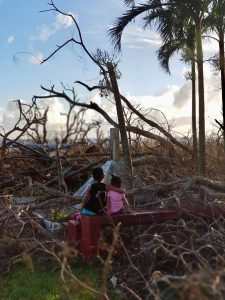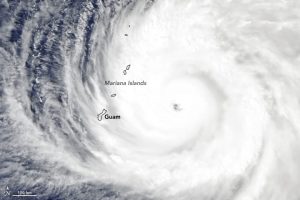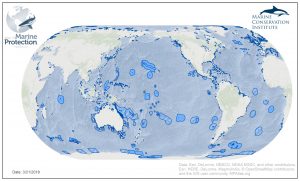Photo credit: Nicole Cabrera
On Thursday, October 25, Super Typhoon Yutu slammed into my home islands of Saipan and Tinian packing sustained winds of 178 miles per hour. The storm resulted in one fatality and widespread destruction. Friends and family have lost everything.
Andrew Thaler and I would like to reach out to the Southern Fried Science community of readers to ask your support in helping our friends and family in the the islands with relief efforts (Andrew has conducted OpenROV workshops in the region and has helped with efforts to confer UNESCO World Heritage and National Marine Sanctuary status on the Mariana Trench).
You can help by:
SPREADING THE WORD
The easiest way for you to help, and it doesn’t cost anything, is to share this blog on social media so that more eyes are reading this call for help. Please use the hashtags #SuperTyphoonYutu and #YutuRelief. Also, please share other people’s photos and stories on social media (you can find them using the hashtags). Finally, you can help spread the word by sharing news stories. Here are some from CNN, NPR, USA Today, Washington Post. Civil Beat also has a post with lots of photos of the destruction. Again, please use the hashtags.
DONATING
The Pacific Daily News, the newspaper of record on Guam, has a list of ways readers can help the victims. There is also a website yuturelief.com, that looks like it is run by various members of our diaspora. I encourage you to read both websites and see what method of donating works best for you. Here are a few others:


